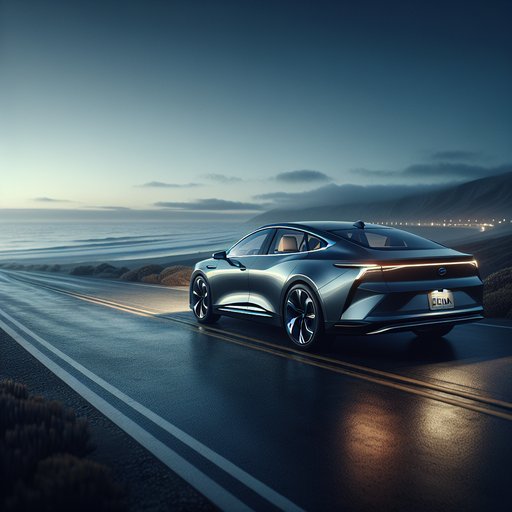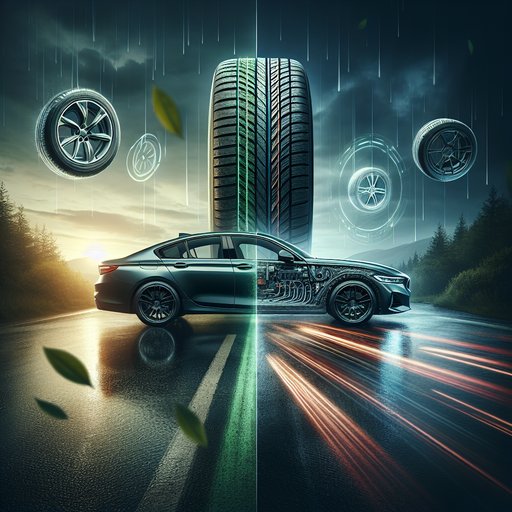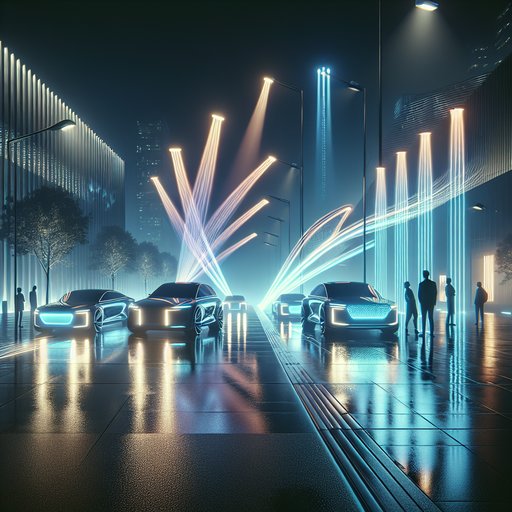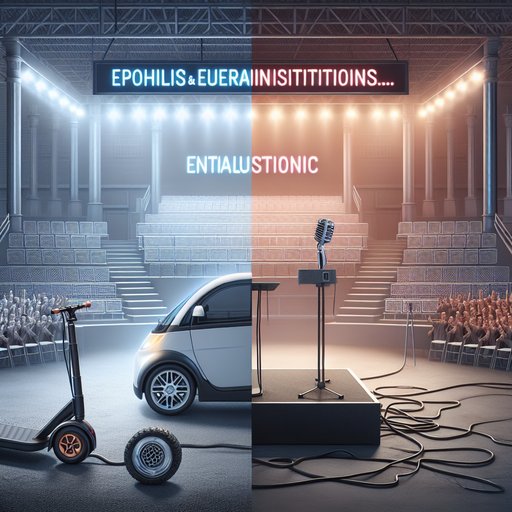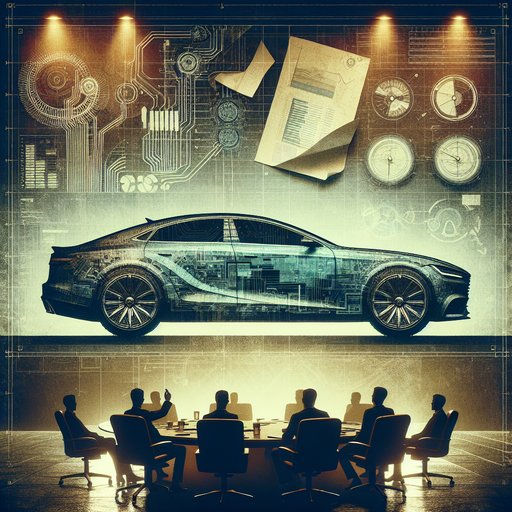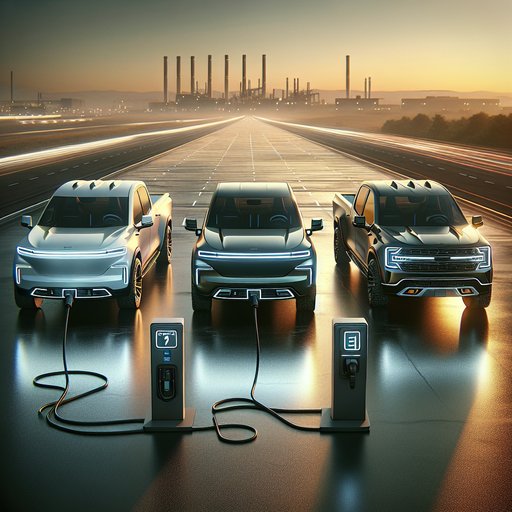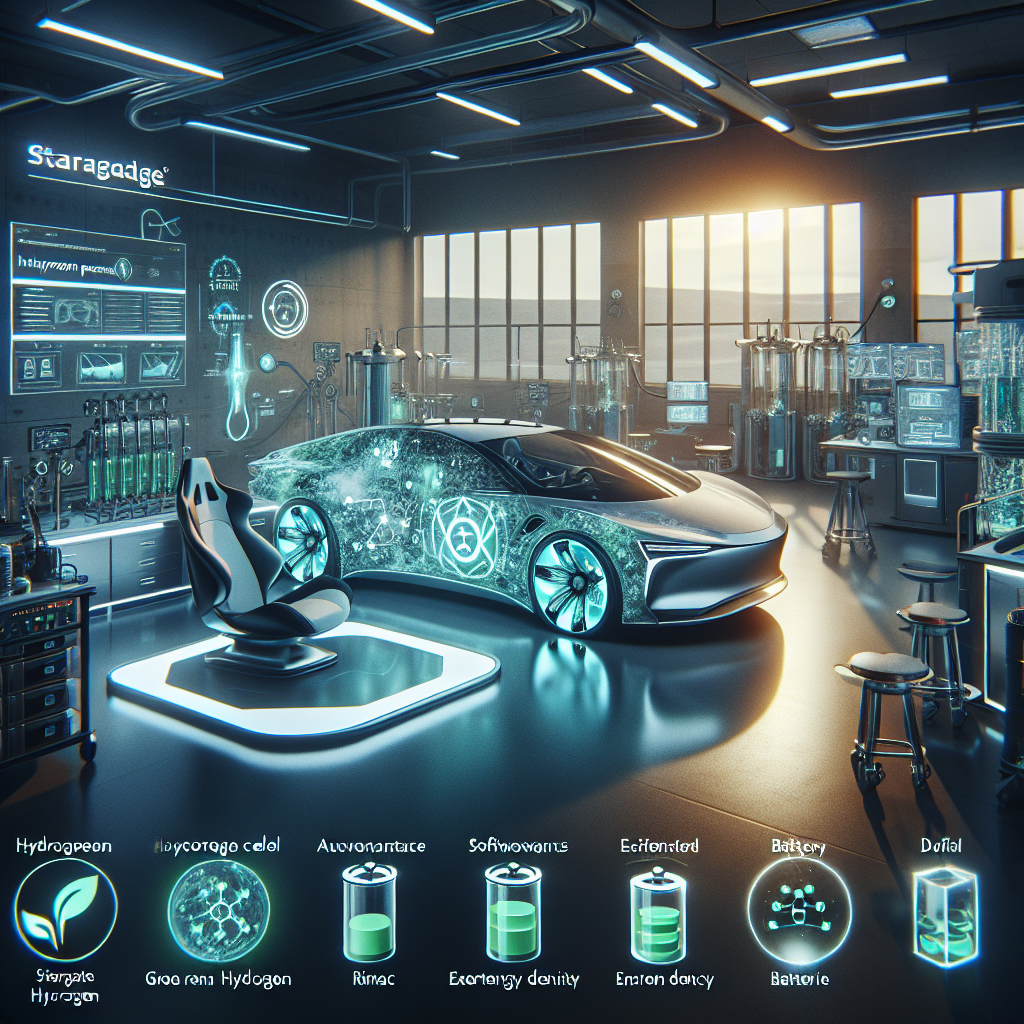
As the automotive industry continues its transition toward sustainable technologies, significant developments in green hydrogen and electric powertrains are reshaping the future of transportation. While European manufacturers maintain their commitment to electrification, emerging players in the hydrogen sector are making notable advances in sustainable energy solutions.
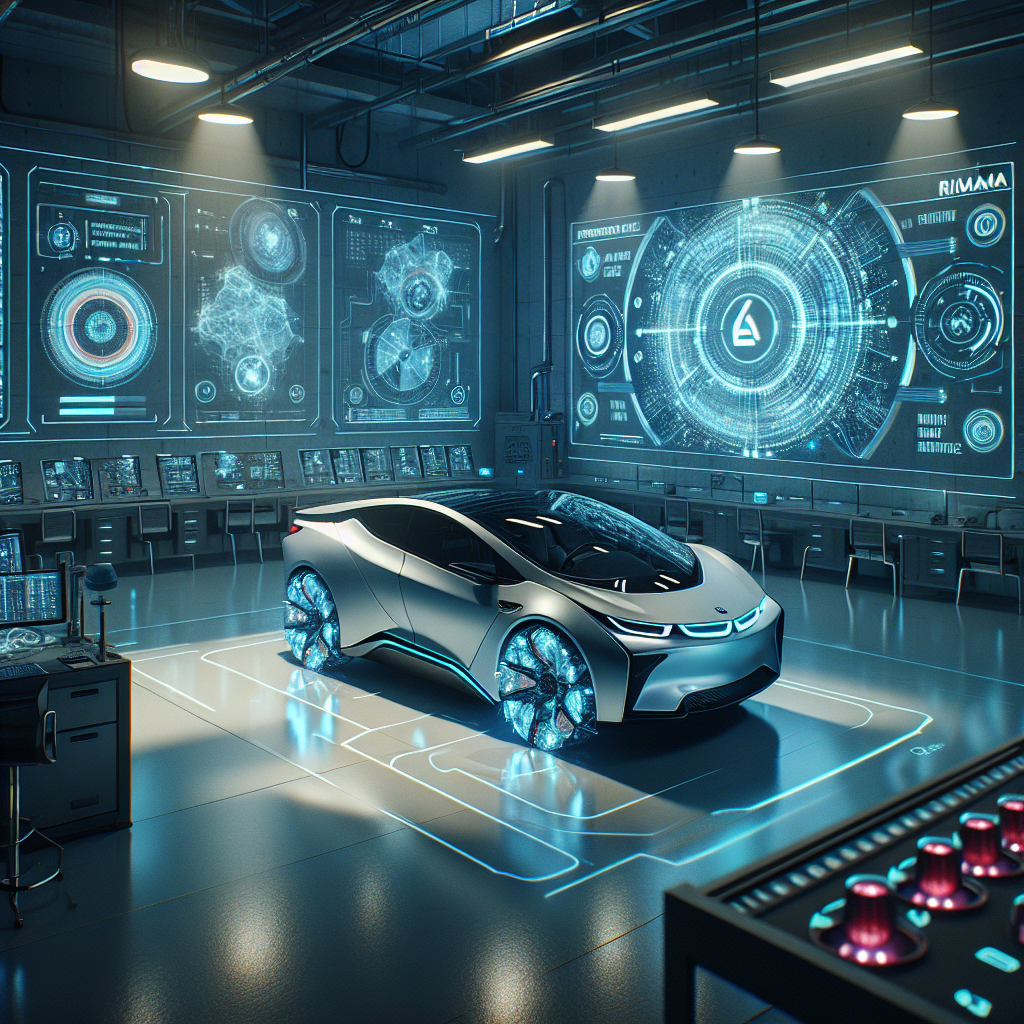
A significant leap forward in electric vehicle architecture is emerging as Rimac Technology unveils its next-generation e-axles, marking a pivotal shift in how electric vehicles will be designed and operated. This breakthrough in electrical architecture promises to transform vehicle performance while enabling more sophisticated software-defined vehicle capabilities [1].
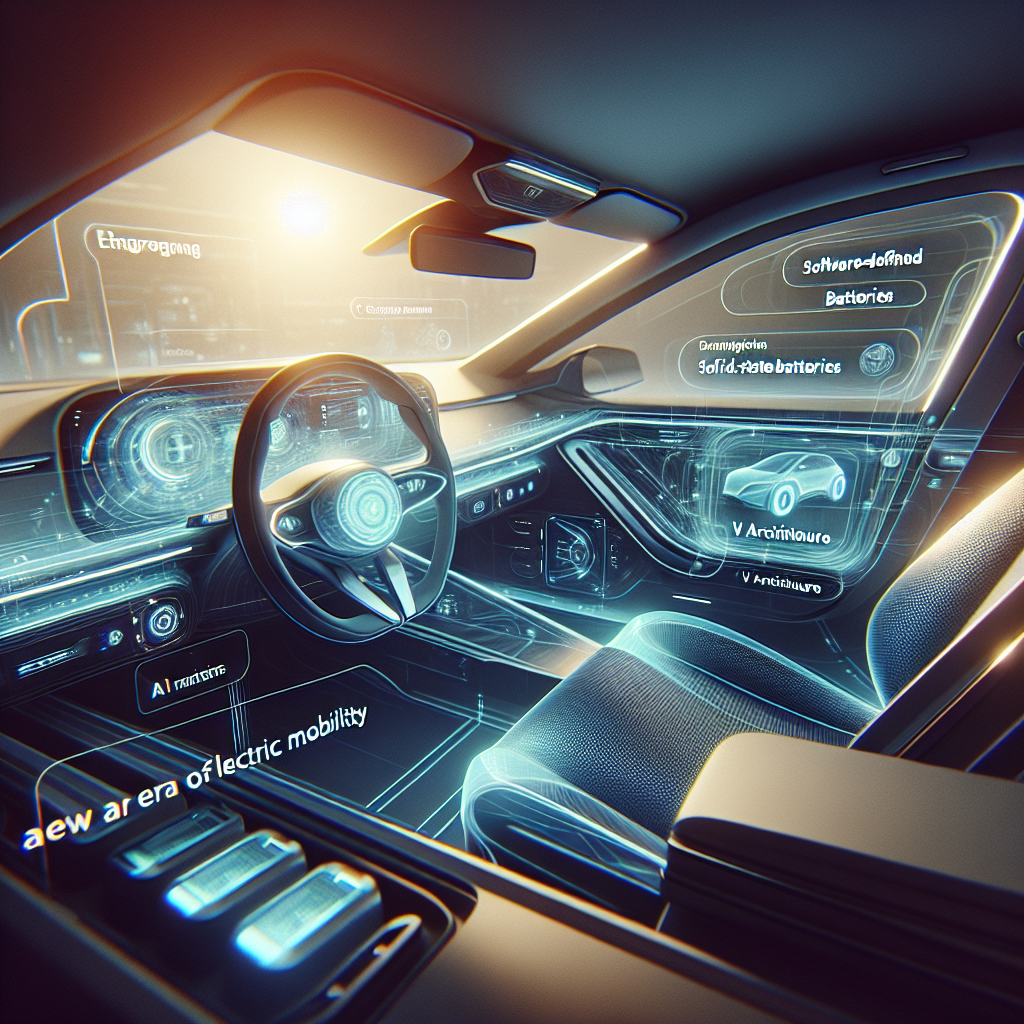
The automotive industry is witnessing a transformative moment as several major breakthroughs in electric vehicle technology emerge simultaneously. From record-breaking battery developments to advanced electric powertrains, these innovations are set to redefine what's possible in electric mobility, with some technologies ready for production as soon as next year.
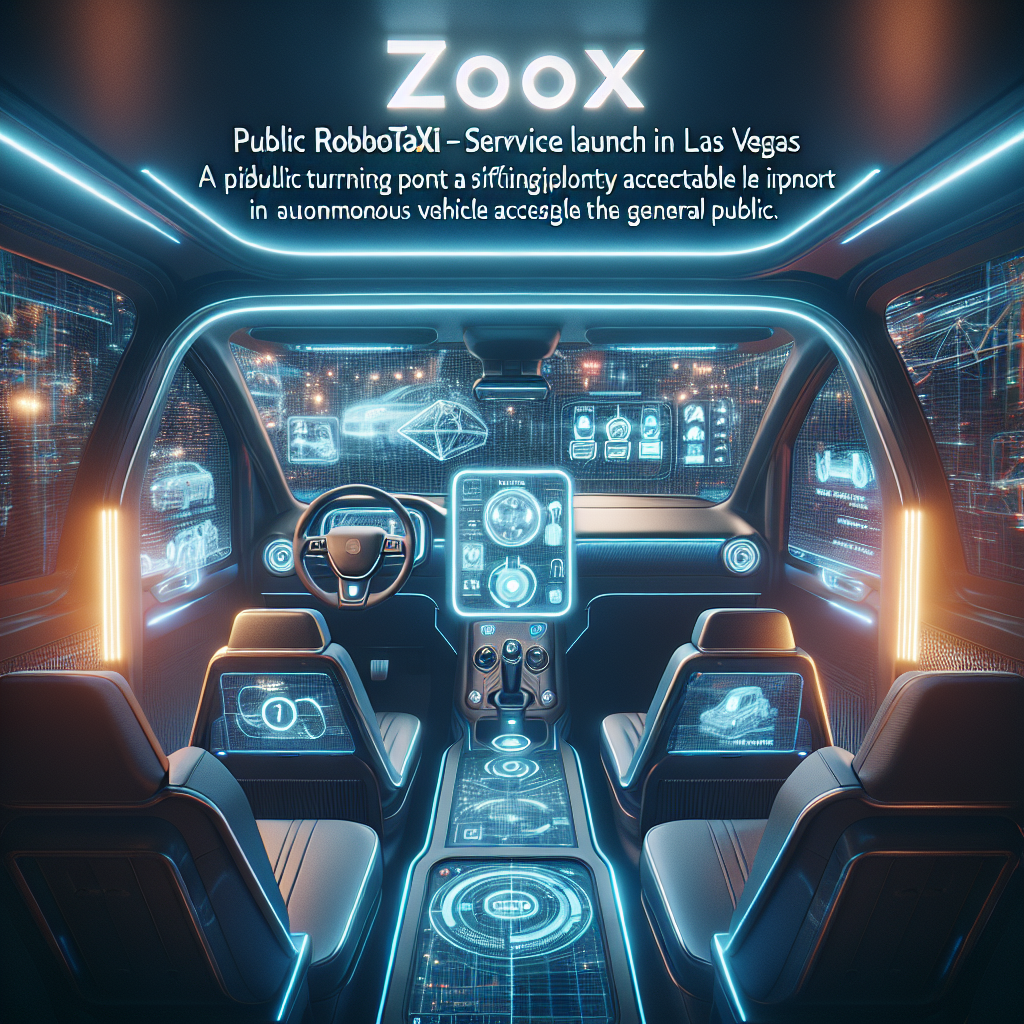
In a significant milestone for autonomous transportation, Zoox, Amazon's self-driving vehicle subsidiary, has launched its first public robotaxi service in Las Vegas. The company is now offering free rides to the general public in its purpose-built autonomous vehicles, marking a historic moment in the evolution of urban mobility [1].
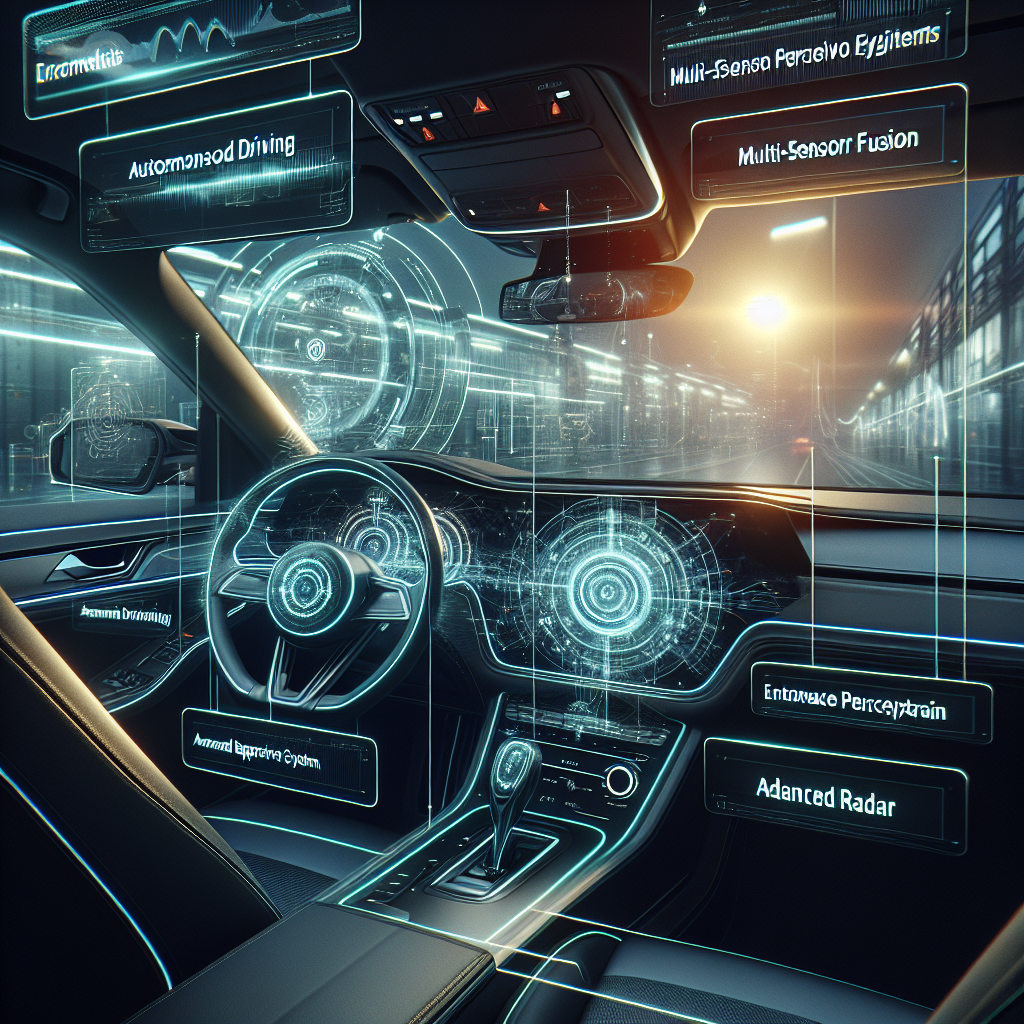
The automotive industry is witnessing significant technological advancements in vehicle autonomy and perception systems, with Skoda leading the charge through its upcoming Octavia model. The Vision O concept, which previews the next generation of the popular sedan, promises to deliver high-level autonomous functions alongside innovative powertrain options [1].
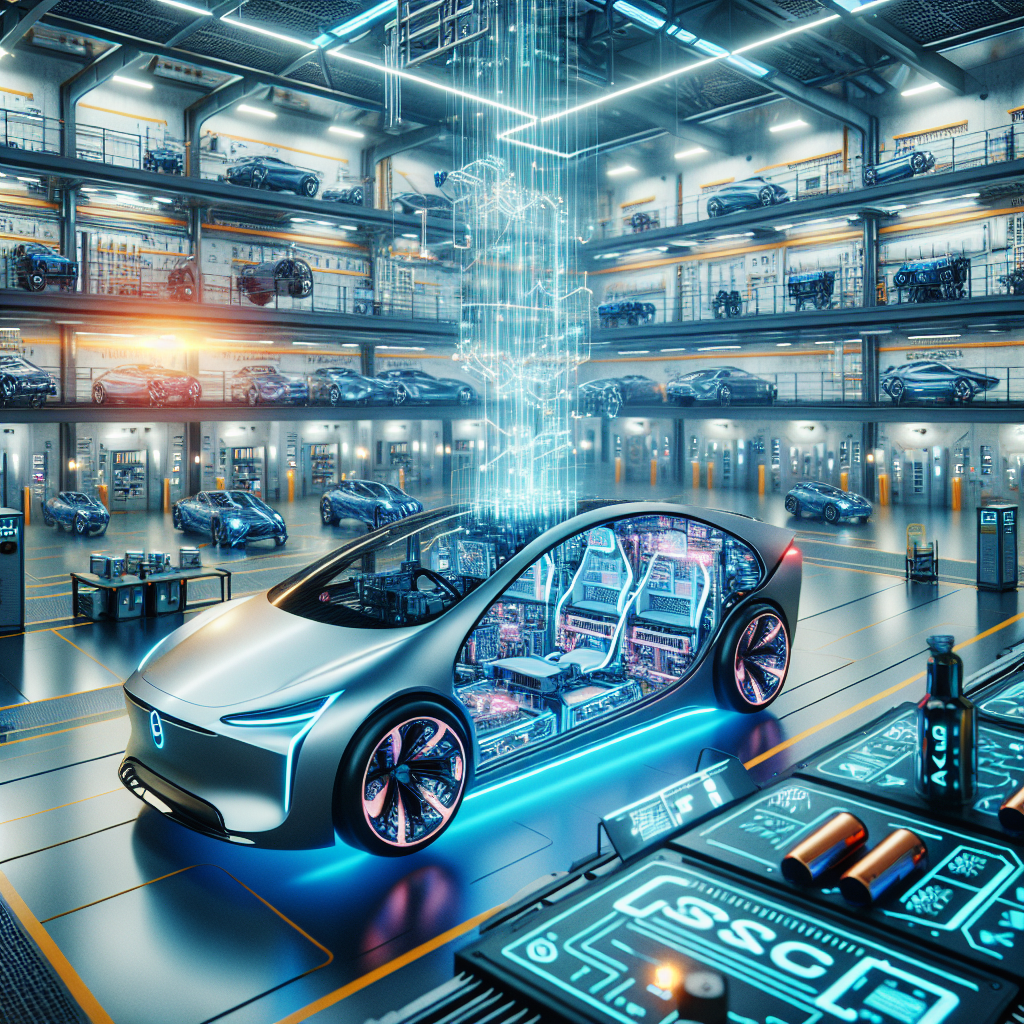
Major automotive manufacturers are making significant strides in solid-state battery technology, promising to revolutionize electric vehicle capabilities. Mercedes-Benz has achieved a remarkable milestone in real-world testing, while Volkswagen Group advances its development timeline, suggesting a transformative shift in EV technology is approaching faster than previously anticipated.
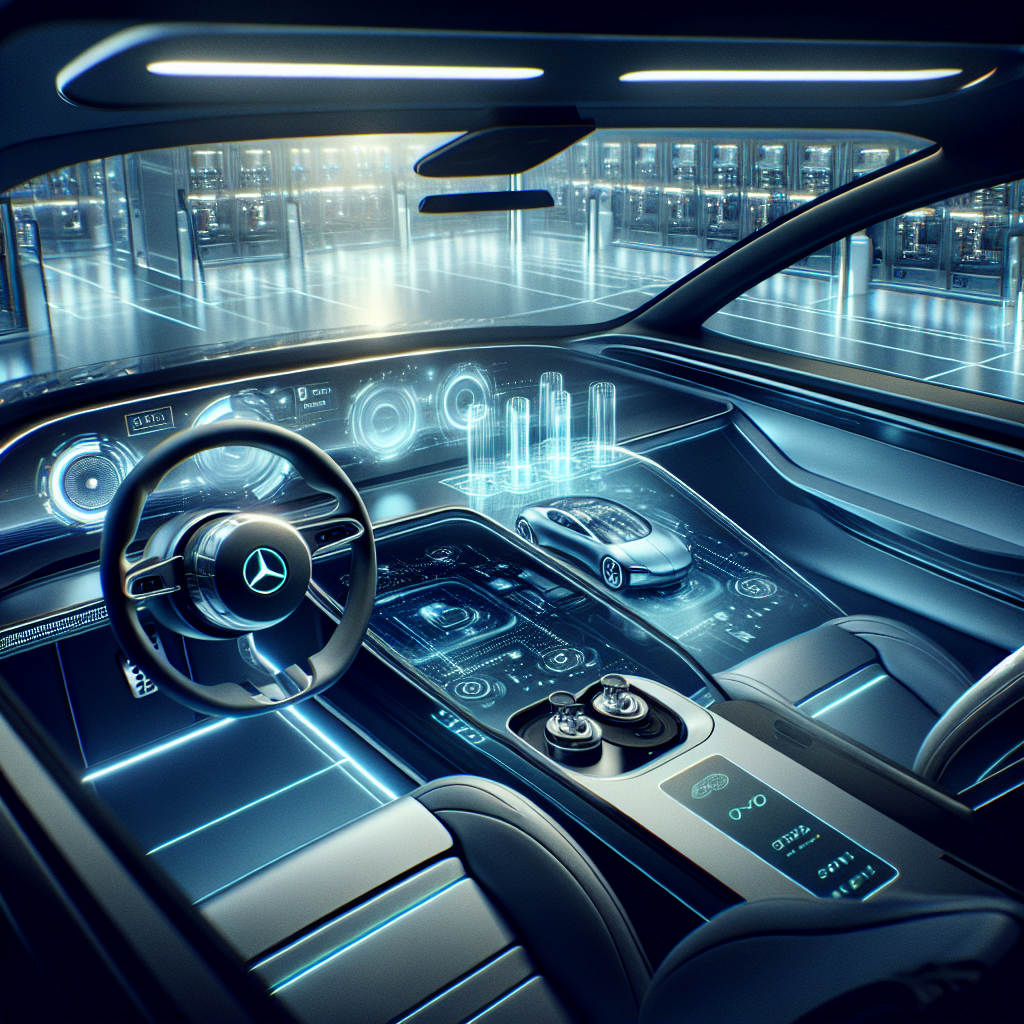
In a landmark achievement for electric vehicle technology, Mercedes-Benz has demonstrated the remarkable potential of solid-state batteries with a prototype EQS completing a 749-mile journey on a single charge [1]. The vehicle successfully traveled from Stuttgart to Malmö without requiring a recharge, showcasing a major leap forward in EV range capability that could revolutionize electric mobility.
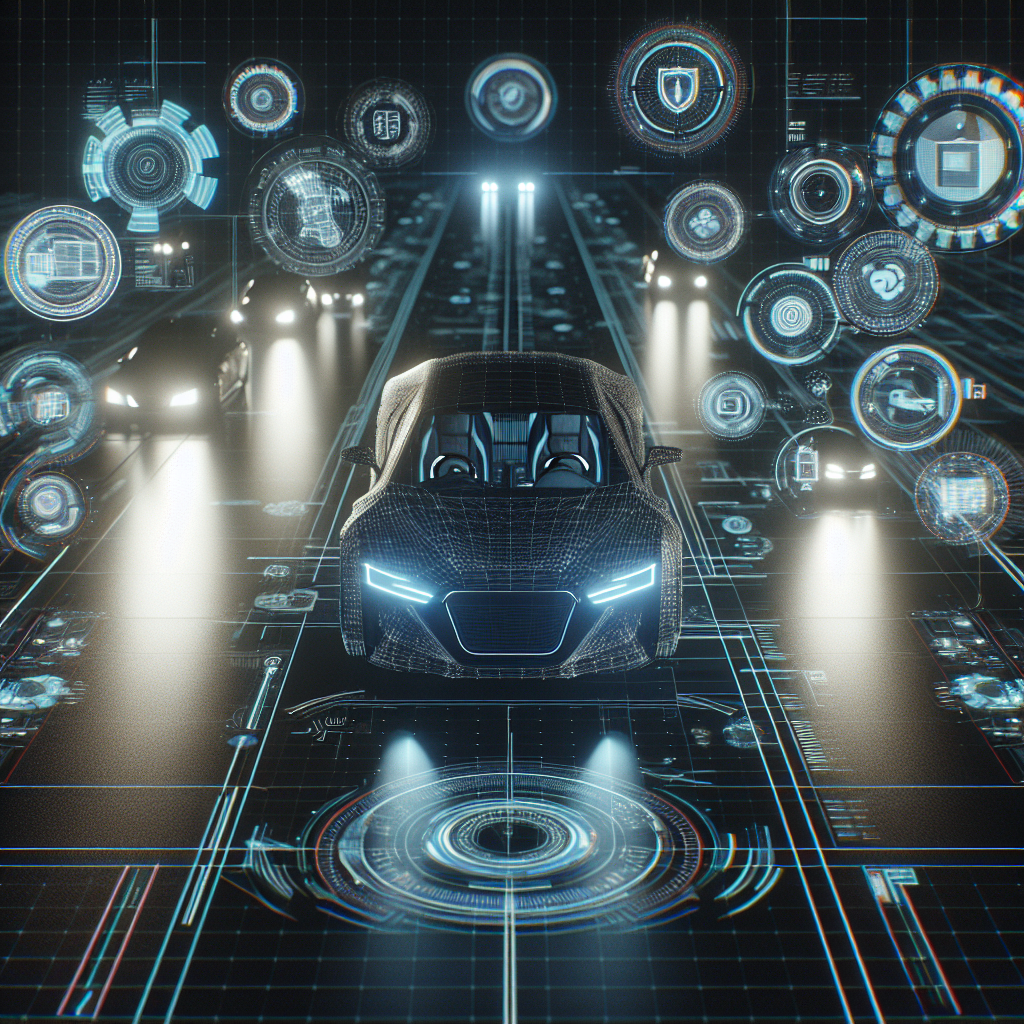
The automotive industry is facing increased scrutiny over vehicle connectivity and cybersecurity as new revelations about data collection and privacy concerns emerge. A comprehensive review of connected car technology, starting with OnStar's introduction in 1996, has revealed the extensive evolution of in-car surveillance and data collection capabilities, raising important questions about consumer privacy and security in modern vehicles [1].
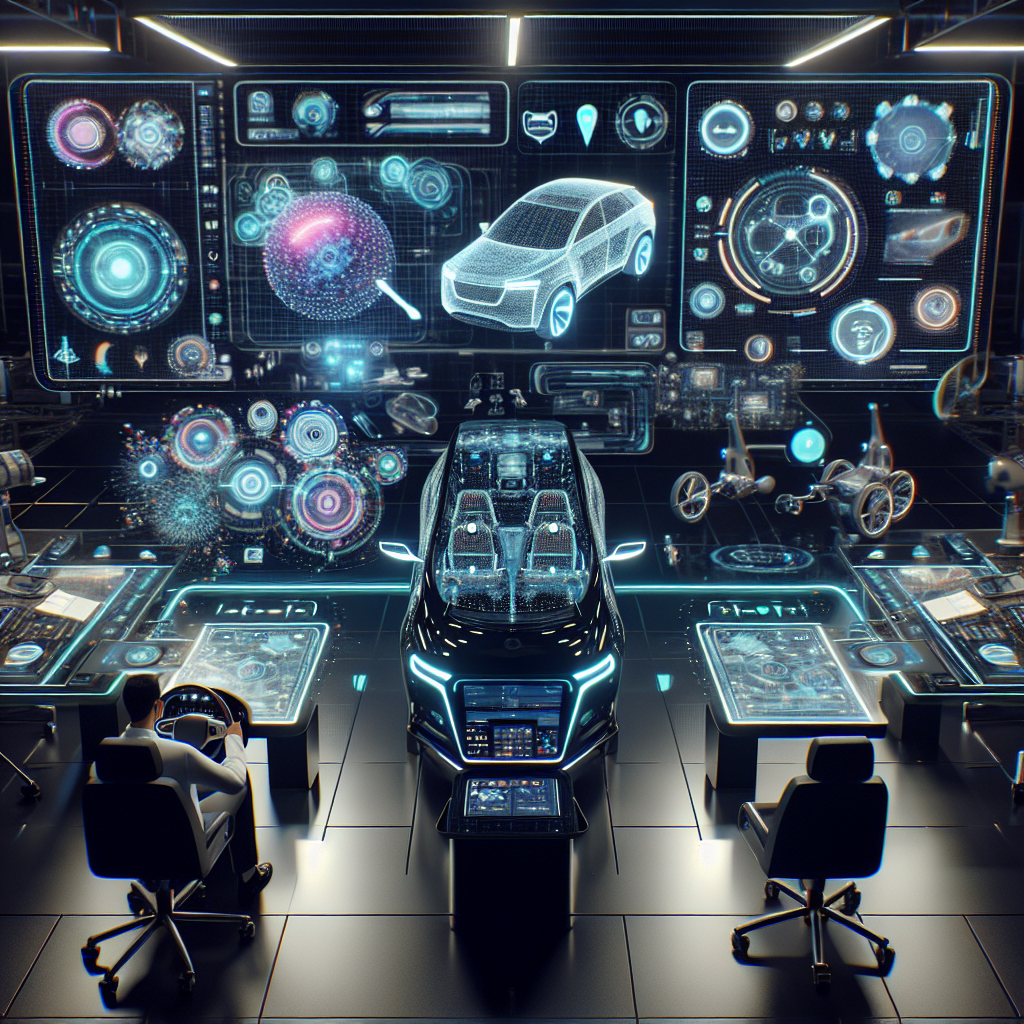
The automotive industry is witnessing a dramatic shift in how drivers interact with their vehicles, as demonstrated by recent announcements from major manufacturers. Mercedes-Benz and Skoda are leading the charge with revolutionary in-cabin technologies that promise to transform the driving experience. These developments signal a broader industry trend toward more sophisticated and immersive vehicle interfaces.
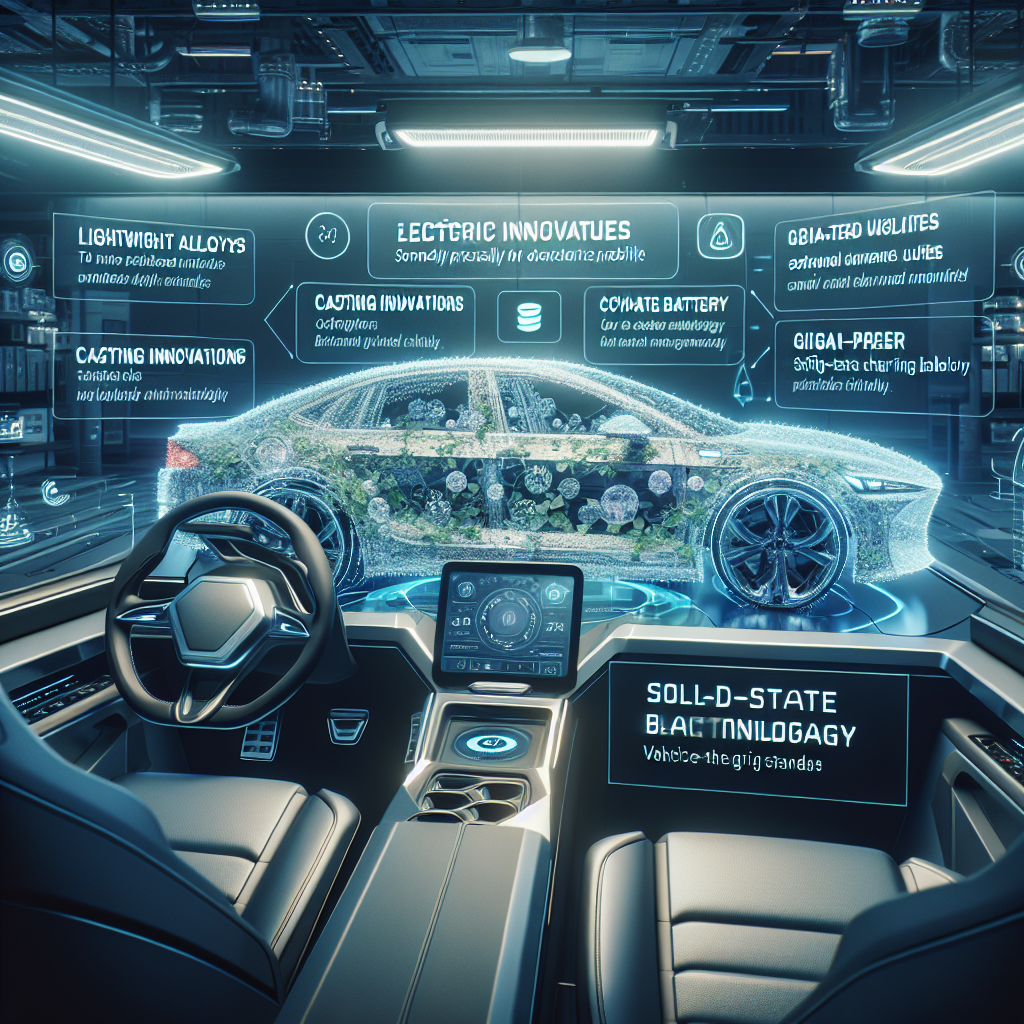
Major automakers are pushing the boundaries of electric vehicle technology with new models promising unprecedented range capabilities. Both Mercedes-Benz and Volvo are set to launch electric SUVs capable of traveling more than 435 miles on a single charge, marking a significant milestone in the industry's transition to sustainable mobility [1].

